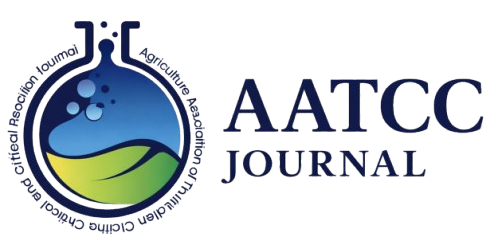Abstract
Double haploid (DH) technology is an efficient approach for the development of 100%
homozygous inbred lines in just two generations, it increases the breeding efficiency and genetic gain
in maize crop. It is an emerging technique in developing countries such as India, whereas, it has
become an integral part of many commercial maize breeding programs in developed countries such as
Mexico. This technique offers economic, logistics and genetic benefits over the traditional method of
inbred line development. This review comprehensively explains the pathway for invivo induction of
maternal haploids with brief introduction about other methods of haploid induction being used in
maize breeding, factors affecting, challenges and future perspectives for DH technology. Furthermore,
it discusses the integration of DH technology with modern breeding tools like genomic selection and
CRISPER/Cas9 enhancing the precision and accelerating the development of superior maize cultivars.
Automation holds great promise to further reduce the cost and time in haploid identification.
Increasing success rates in chromosome doubling protocols and/or reducing environmental and human
toxicity of chromosome doubling protocols, research on genetic improvement in spontaneous
chromosome doubling, have the potential to greatly reduce the production costs per DH line.
